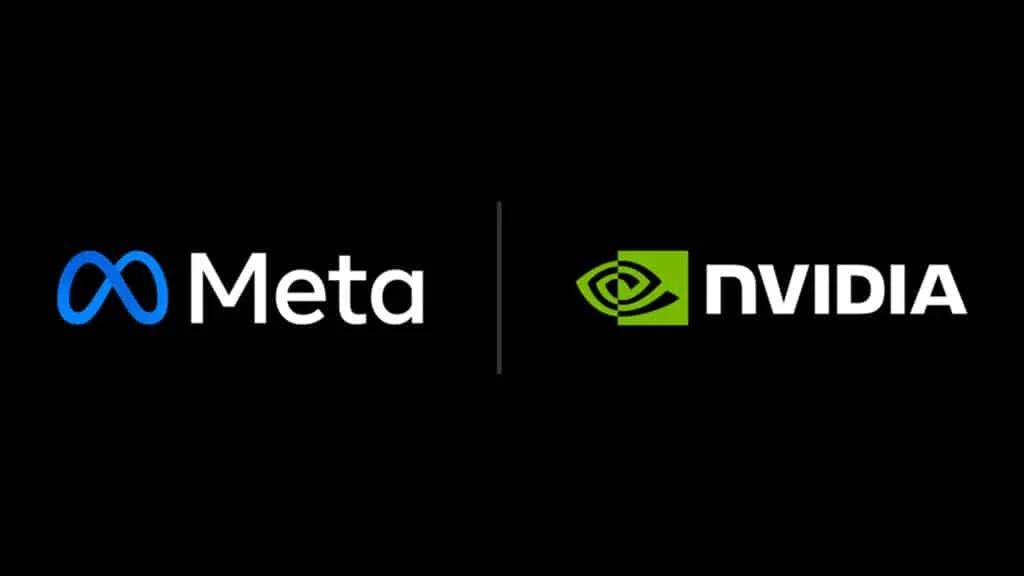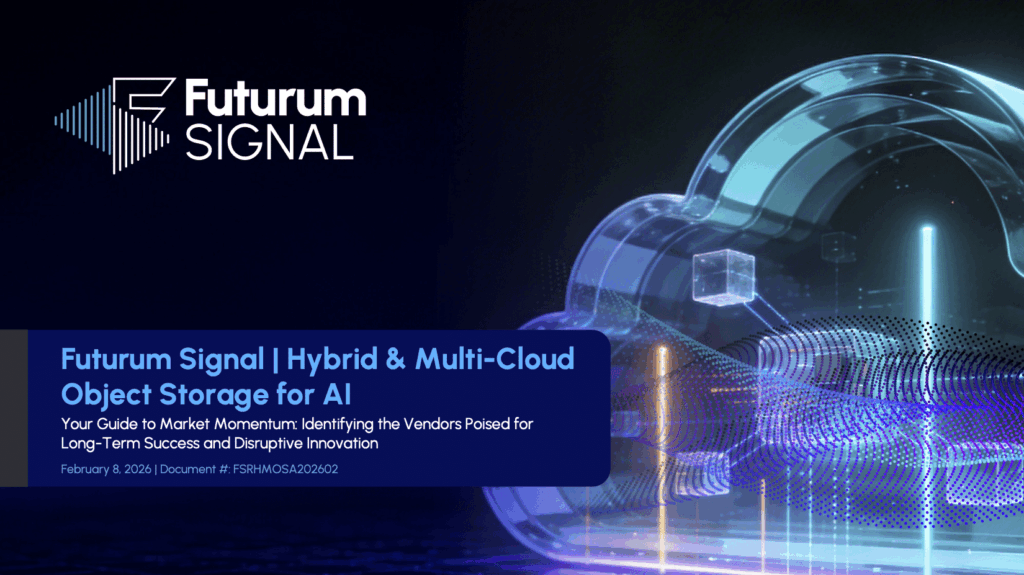The News: Google has been developing custom artificial intelligence (AI)-specific hardware, tensor processing units (TPUs), to push forward the frontier of what is possible in scale and efficiency. The company took the opportunity presented by the Google I/O event to update TPUs. Read the announcement blog here.
The Future of AI Infrastructure: Unpacking Google’s Trillium TPUs
Analyst Take: In the rapidly evolving field of AI, hyperscalers such as Google, Amazon Web Services (AWS), and Microsoft Azure are continuously innovating to meet the increasing demand for AI training and inference workloads. As AI models grow more complex and require greater computational power, these tech giants are developing custom silicon to enhance performance, reduce latency, and improve energy efficiency. This strategic shift toward proprietary hardware differentiates their cloud services and addresses the unique needs of AI workloads, which traditional processors often struggle to handle efficiently.
What Was Announced?
At the recent Google I/O event, Google unveiled significant advancements in its AI hardware portfolio, marking a substantial leap forward in its efforts to dominate the AI infrastructure market. The centerpiece of these announcements was the introduction of Trillium, Google’s sixth-generation TPU. Designed to push the boundaries of AI scalability and efficiency, Trillium represents a significant upgrade over its predecessor, TPU v5e.
Key Announcements
Trillium TPU Performance Boost: Trillium TPUs offer a 4.7x increase in peak compute performance per chip compared to TPU v5e. This leap is achieved through expanded matrix multiply units (MXUs) and increased clock speed, enabling faster and more efficient AI model training and serving.
Enhanced Memory and Bandwidth: The new TPUs double the High Bandwidth Memory (HBM) capacity and bandwidth, allowing them to handle larger models with more weights and larger key-value caches. This enhancement significantly reduces training times and serving latency for large-scale AI models.
SparseCore Integration: Equipped with third-generation SparseCore, Trillium TPUs excel in processing ultra-large embeddings common in advanced ranking and recommendation workloads, further optimizing performance for these specific tasks.
Energy Efficiency and Sustainability: Trillium TPUs are over 67% more energy-efficient than their predecessors. This focus on sustainability reduces operational costs and aligns with global initiatives to lower carbon footprints in data center operations.
Scalability: Trillium can scale up to 256 TPUs in a single high-bandwidth, low-latency pod. Utilizing multislice technology and Titanium Intelligence Processing Units (IPUs), Trillium can connect tens of thousands of chips across multiple pods, forming a building-scale supercomputer with a multi-petabit-per-second datacenter network.
AI Hypercomputer Integration: Google Cloud’s AI Hypercomputer, which incorporates Trillium TPUs, offers a groundbreaking architecture designed for AI workloads. This platform integrates performance-optimized infrastructure, open-source software frameworks, and flexible consumption models to meet diverse AI processing needs.
Industry Collaborations
Companies such as Nuro (autonomous vehicles), Deep Genomics (drug discovery), and Deloitte (business transformation) are leveraging Trillium TPUs to drive their AI initiatives. These partnerships highlight Google’s new hardware’s practical applications and transformative potential.
Looking Ahead
Google’s announcement of Trillium TPUs marks a pivotal moment in the competitive landscape of AI hardware. As the demand for AI capabilities continues to surge, hyperscalers such as Google, AWS, and Microsoft Azure are not only enhancing their cloud services but also competing to deliver the most efficient and powerful AI infrastructure. Trillium TPUs position Google at the forefront of this race, promising significant advancements in AI model training and serving efficiency.
Both AWS and Microsoft Azure have also invested heavily in developing custom silicon for AI workloads. AWS’s Inferentia and Trainium chips and Microsoft’s Project Brainwave represent their respective efforts to cater to AI demands. These developments indicate a broader industry trend where owning the entire stack, from hardware to software, provides a competitive edge.
Traditionally dominant in the AI hardware market, companies such as NVIDIA, AMD, and Intel face intensified competition from hyperscalers. NVIDIA’s GPUs, AMD’s EPYC processors, and Intel’s Habana Labs AI accelerators have set high benchmarks. However, introducing custom silicon by cloud providers adds another layer of complexity and competition.
The proliferation of custom AI hardware offers clients more choices for where to place their AI workloads. Performance, cost, energy efficiency, and integration capabilities will influence these decisions. Trillium TPUs’ promise of higher performance and energy efficiency could make Google Cloud an attractive option for enterprises looking to optimize their AI operations.
In conclusion, Google’s Trillium TPUs are a testament to the company’s commitment to advancing AI infrastructure. As hyperscalers continue to innovate, the competition will likely drive further advancements, benefiting businesses and developers with more powerful, efficient, and sustainable AI solutions.
Disclosure: The Futurum Group is a research and advisory firm that engages or has engaged in research, analysis, and advisory services with many technology companies, including those mentioned in this article. The author does not hold any equity positions with any company mentioned in this article.
Analysis and opinions expressed herein are specific to the analyst individually and data and other information that might have been provided for validation, not those of The Futurum Group as a whole.
Other Insights from The Futurum Group:
Google TPU v5p and AI Hypercomputer: A New Era in AI Processing
Google Gemini AI 1.0 and New TPU
Google’s Workload Optimized Infrastructure at Next ’24 – Six Five On the Road
Author Information
Steven engages with the world’s largest technology brands to explore new operating models and how they drive innovation and competitive edge.







